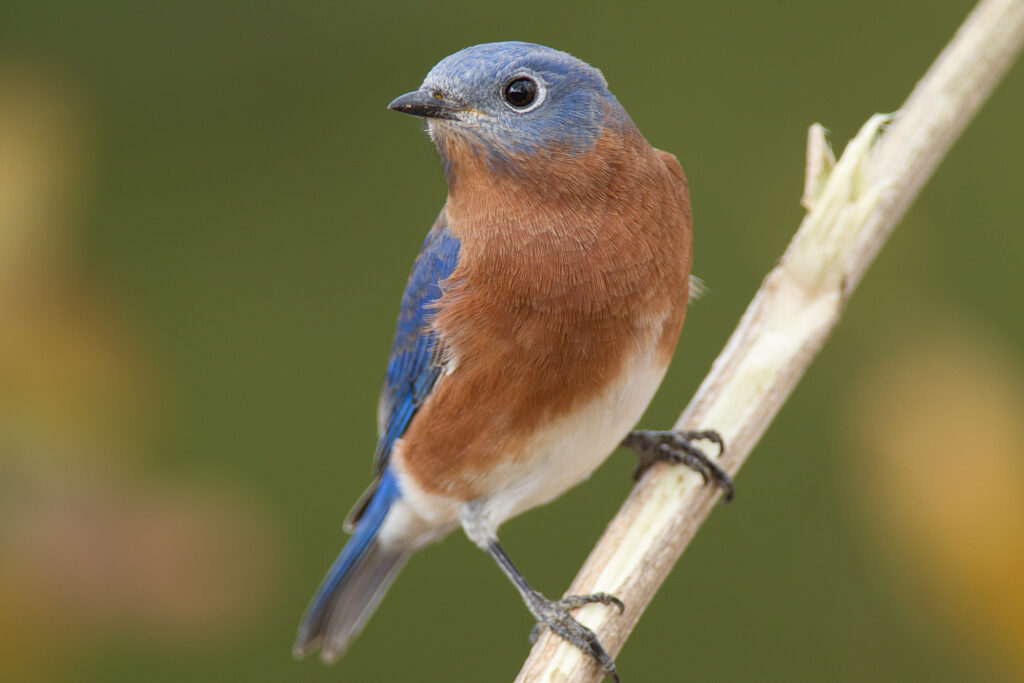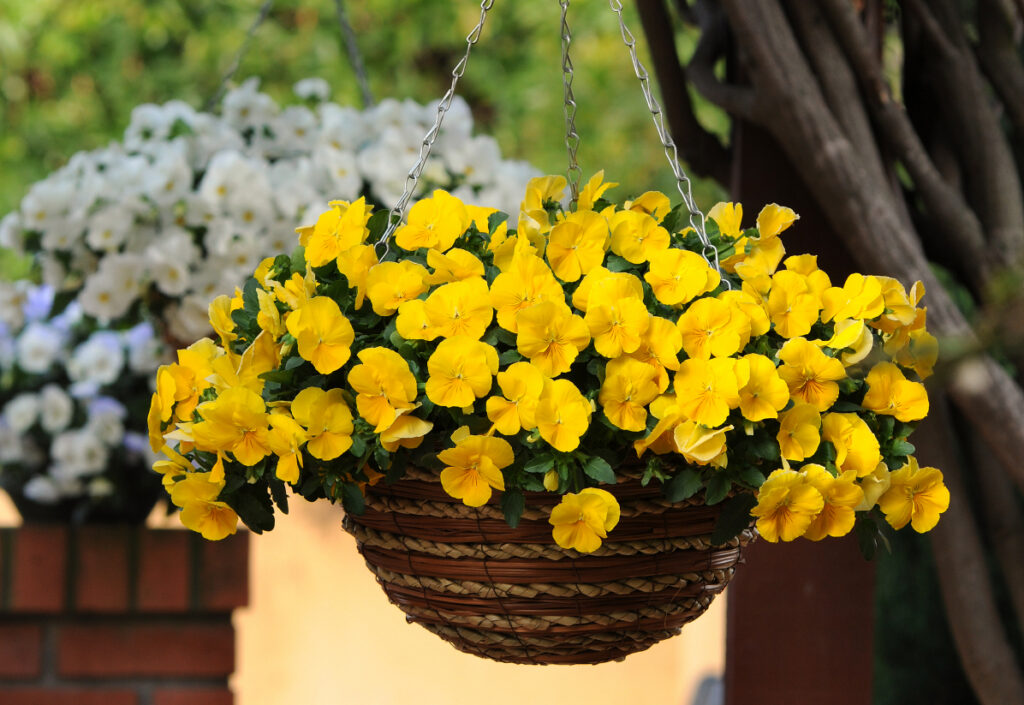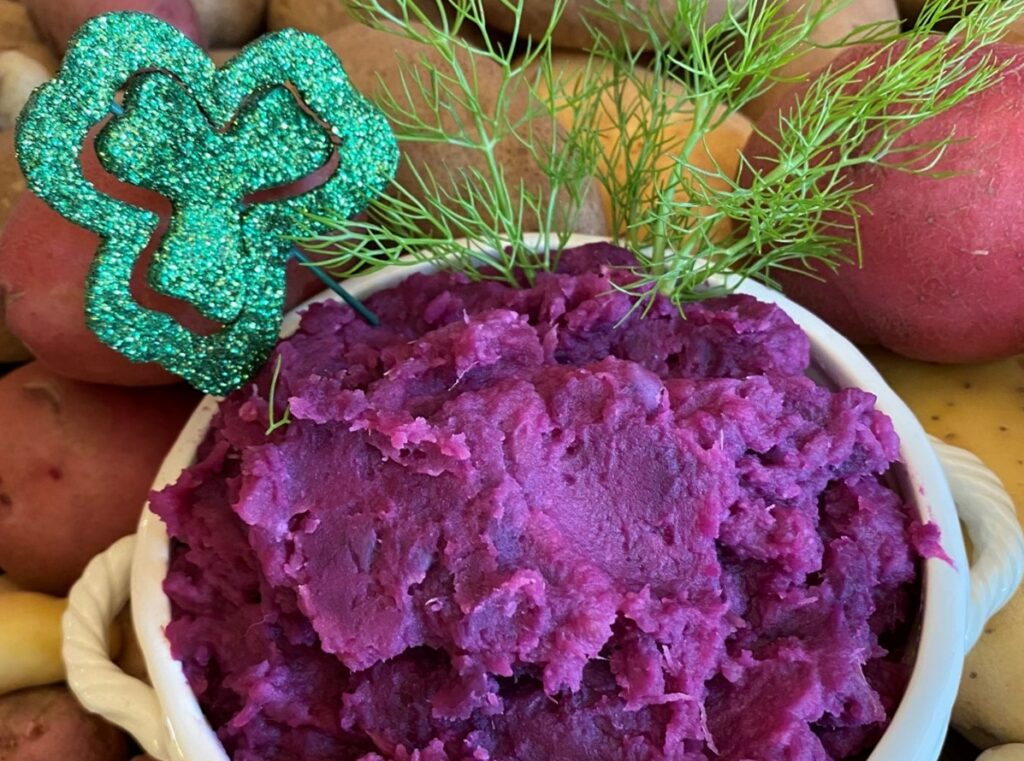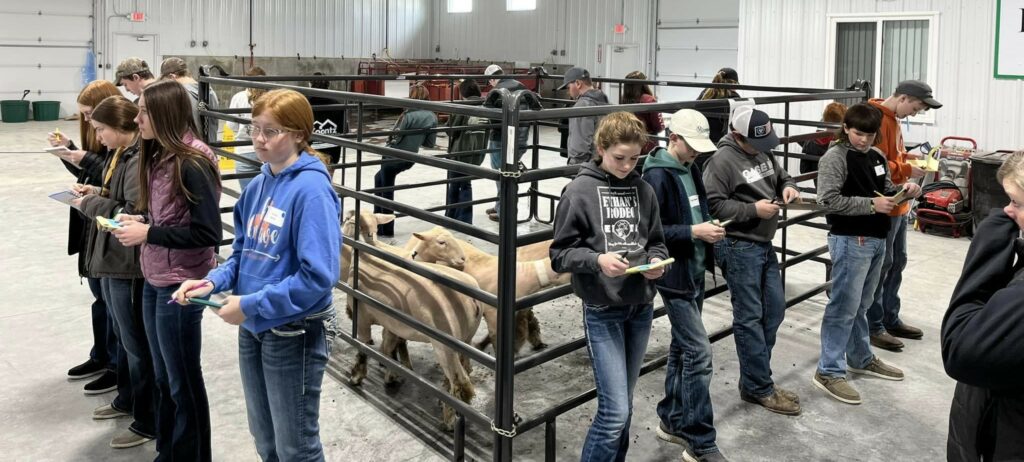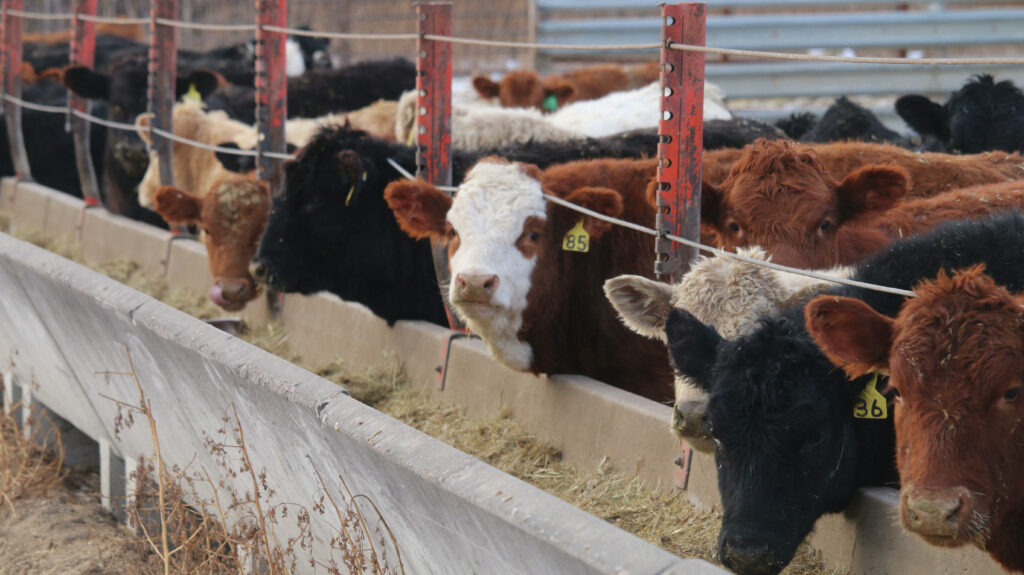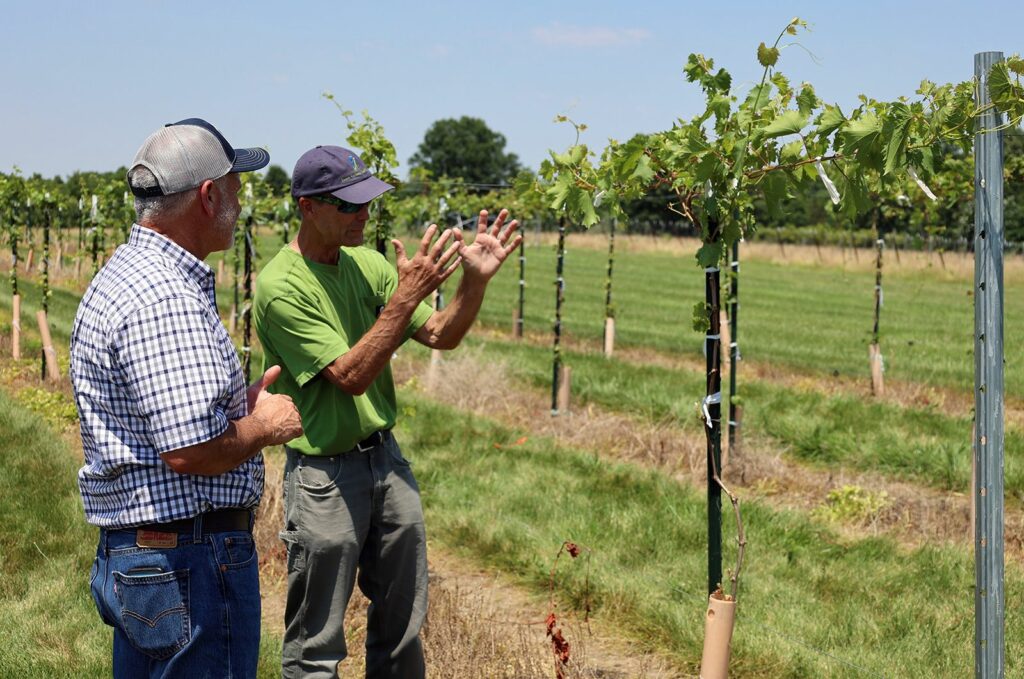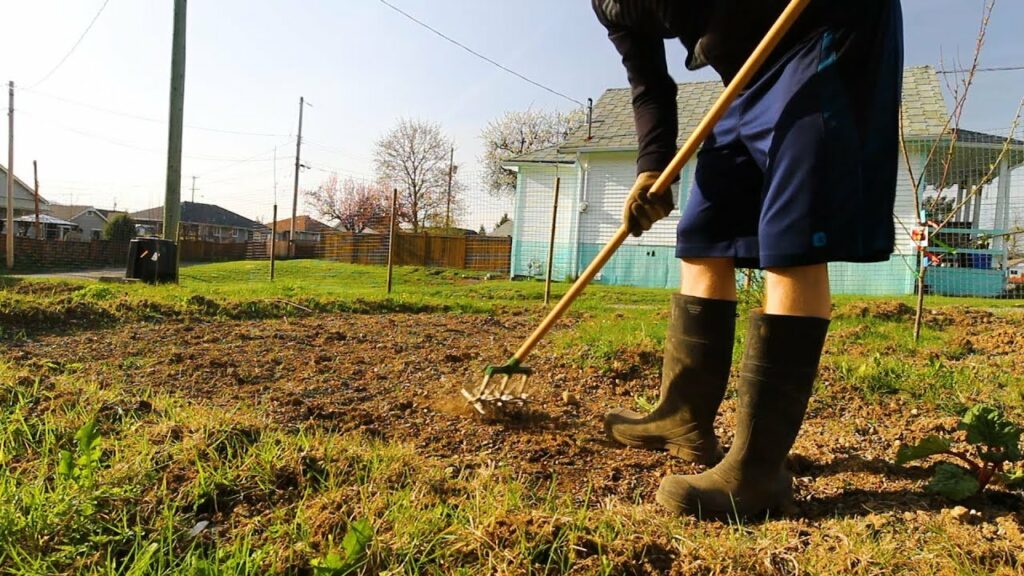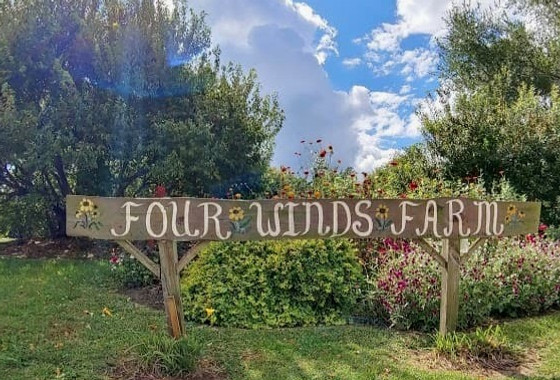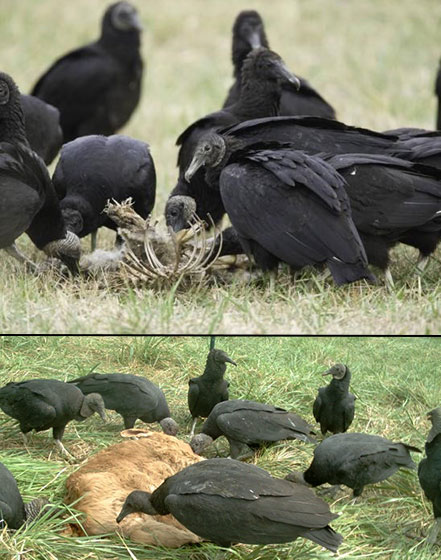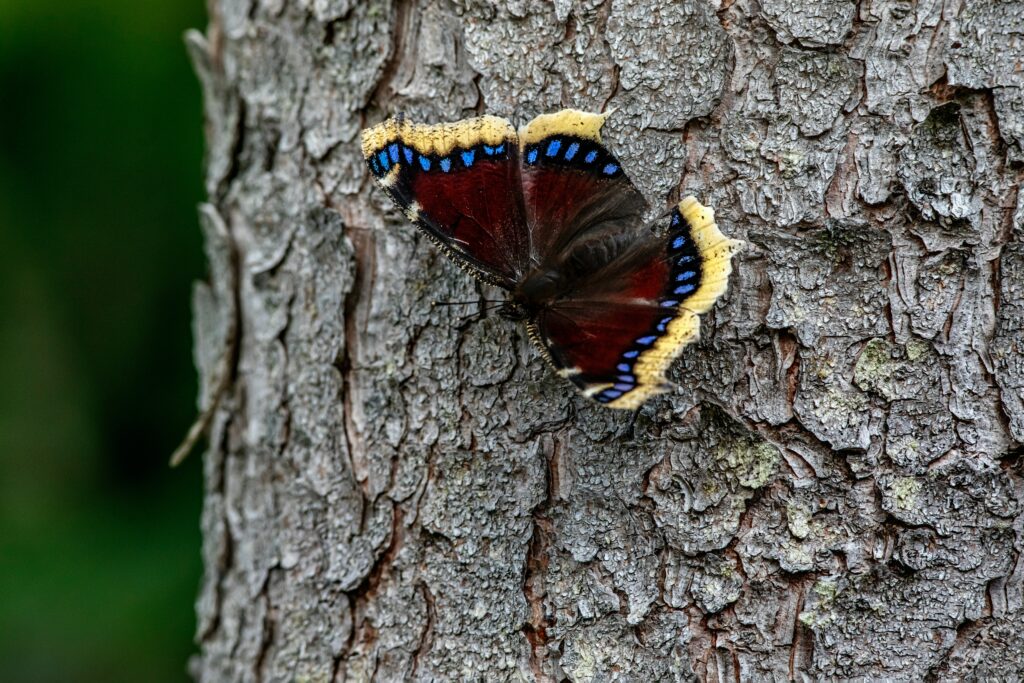Markets & Ag
COLUMBIA, Mo. — Spring is just around the corner and, with the final doldrums of winter, many Missouri wildlife species are showing an abundance of activity, says University of Missouri Extension state wildlife and fisheries specialist Bob Pierce. In a press release, Pierce said, “This time of year provides many opportunities for conducting management practices…
Read Full Article COLUMBIA, Mo. — In a press release, Missouri Extension horticulturist David Trinklein said, “If ever there was a flower that brings a smile to people’s faces, it has to be the pansy.” This delightful, cool-loving garden flower bears blotched petals that resemble a face smiling back at those who admire it. Midwesterners enjoy pansy’s unique…
Read Full Article COLUMBIA, Mo. — It’s no blarney. Potatoes are a staple for St. Patrick’s Day meals, along with corned beef, cabbage and soda bread. The Irish (white) potato has long been associated with the potato famine in Ireland during the 1840s, says University of Missouri Extension horticulturist Michele Warmund. Late-blight disease, the source of the great…
Read Full Article COLUMBIA, Mo. — University of Missouri Extension is celebrating the 20th year of Annie’s Project, a national nonprofit to educate and empower women in agriculture. Annie’s Project uses a methodology that builds confidence, develops networks and creates lifelong learners among women farmers, ranchers, growers, landowners and agriculturalists, said Annie’s Project co-CEO Karisha Devlin, an agricultural…
Read Full Article BAYLIS, Ill. — The first livestock judging clinic for youths was held on Saturday, March 4, at the John Wood Community College Agricultural Education Center in Baylis. University of Illinois Extension and John Wood Community College were the hosts. More than 70 youths attended the entry level workshop. They first spent time in the classroom…
Read Full Article KIRKSVILLE, Mo. — Missouri cattle producers interested in feeding out their cattle are invited to a two-day University of Missouri Extension Feedlot School, March 22-23 in Kirksville. MU livestock specialists will cover nutrition and health management, the performance of calves fed by MU and harvested locally, and the economics of feeding cattle in Missouri. Participants…
Read Full Article COLUMBIA, Mo. — Interest in Missouri winemaking exploded during the COVID-19 pandemic, and the University of Missouri Grape and Wine Institute has responded to meet the demand. The institute, a partnership of MU and the state’s wine and grape industry, provides information and advice on all issues related to viticulture and enology. (Viticulture is the…
Read Full Article JACKSONVILLE, Ill. — As the days get longer and the temperatures start to warm, we often get the itch to start gardening. However, we shouldn’t be in too big of a hurry to start cleaning up our gardens in preparation for the upcoming growing season. While cutting back dead plants and removing leaves and plant…
Read Full Article URBANA/CHAMPAIGN, Ill. — Experts at the University of Illinois College of Veterinary Medicine have created a comprehensive website to help beef cattle producers implement on-farm biosecurity measures. “Biosecurity” refers to farm management practices to prevent disease introduction or spread on farms. An outbreak of a foreign animal disease (i.e., one not currently found in the…
Read Full Article COLUMBIA, Mo. — Several antibiotics used in cattle and other livestock will require a veterinary prescription in the coming months. This change represents the final phase of the Food and Drug Administration’s efforts to bring all medically important antibiotics approved for use in animals under veterinary oversight by June 11, 2023. In a press release,…
Read Full Article QUINCY — Herbal educator Deborah Lee will offer a nine-week herbal medicine class beginning in March at her Four Winds Farm Agri-Education Center, 3739 N. 36th. The nine-week hands-on class meets one time a week for three hours, with separate times offered from 6-9 p.m. on Wednesday nights and 9 a.m. to noon Thursday mornings…
Read Full Article Provided by the Adams County Farm Bureau.
Read Full Article COLUMBIA, Mo. — Missouri’s growing population of black vultures has led to increasing attacks on vulnerable livestock. Black vultures often inflict damage to the eyes and tongues of young livestock, kill and feed on domestic fowl and scar animals that survive. A new MU Extension guide provides information for livestock producers to prevent and control…
Read Full Article BAYLIS, Ill. — Plans are underway for a livestock judging clinic for youth on Saturday, March 4, at the John Wood Community College Agricultural Education Center, 37803 IL-104, in Baylis. Registration will begin at 9 a.m., with the clinic to be held from 9:30 a.m.-noon. University of Illinois Extension in Adams, Brown, Hancock, Pike and…
Read Full Article MACOMB, Ill. — We have had some warm weather this February, which means it is time to keep an eye out for butterflies. You may be thinking I am in the wrong hemisphere, but there is a chance you can spot butterflies on a warm winter day in Illinois, namely the mourning cloak butterfly. Despite…
Read Full Article 
